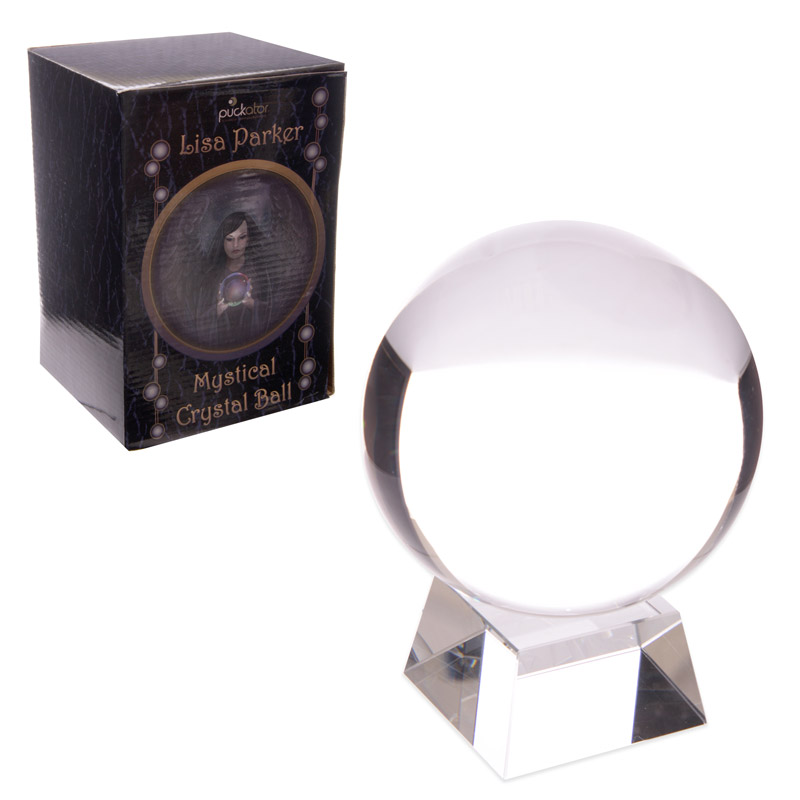
What is aromatherapy?
The term “aromatherapy” was first coined by Rene-Maurice Gattefosse in 1937, soon after discovering the healing qualities of the lavender plant for burns. Aromatherapy is a type of holistic therapeutic practice that uses aromatic flowers and plant-based extracts and compounds, called essential oils, to alleviate pain and enhance physical and spiritual well-being. It is considered to improve mood and health, and harmonizes the body, mind and spirit.
Essential oils are aromatic plant compounds, which are derived from various parts of the plant, such as leaves, barks, and herbs. They are called “essential” because their essence contains the plant’s fragrance. They are often extracted by processes such as cold pressing, solvent extraction and embedding, but the most common process is distillation through steam.
As a fully qualified Aromatherapist with over 25 year’s experience I can advise you on what oils would suit you best for the problem you require help with.
Some of the things Aromatherapy may help with are insomnia sleeplessness nights, Stress relief: Stress caused by anxiety is possibly the most common and widespread ailment that afflicts us. Lavender, chamomile and bergamot are among some of the oils that help diminish anxiety, worrying and overthinking. Joint and muscle pains combined with a relaxing massage can be very effective. There are so many problems that can be helped that the list would be too long to write about here, so please reach out to me if you would like some advice I am always hear to help if I can. My email is dawn@dawnstherapies.co.uk
Dawn
 Malachite
Malachite




